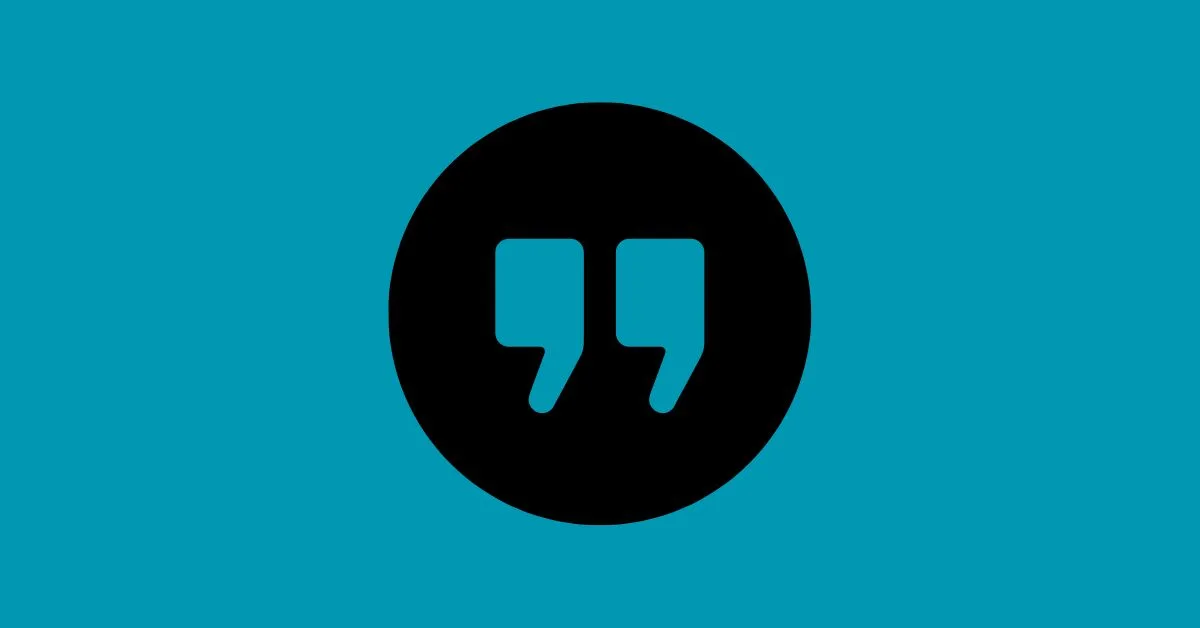ChatGPT has exploded in popularity as a sophisticated AI chatbot tool for content generation, question answering, writing assistance, and more.
But as researchers, academics, and even casual users increasingly leverage ChatGPT, guidance on properly crediting its contribution has become pivotal for upholding attribution, credibility and academic integrity.
In this comprehensive blog post, we’ll address valuable insights on citation standards for ChatGPT across key style formats – APA, MLA and Chicago.
Why Cite ChatGPT Properly?
Let’s first emphasize why ethical citation of AI tools like ChatGPT matters before overviewing exact citing procedures:
- Upholds fair attribution to content originators – whether human or AI systems.
- Enables readers to evaluate credibility based on inputs utilized.
- Prevents plagiarism risks by disclosing sourcing clearly.
- Showcases solution ideation pathways transparently when citing prompts fed into models.
- Encourages accountability for quality control in writing or analysis.
- Sets ethical precedents as AI assistance permeates industries.
With those motives clarified, let’s segue into the recommended formats for properly inserting ChatGPT citations.
Citing ChatGPT in APA Style
For researchers and academics applying APA style guidelines in citing sources, here are the specifics to follow for ChatGPT:
Reference List Entry
- List “OpenAI” as the author (the creator of ChatGPT).
- The title should read “ChatGPT” followed by the Date of Version in brackets.
- Close with the description “Large Language Model” and the accessed URL.
Example:
OpenAI. (2023). ChatGPT (January 11, 2023) [Large
language model]. https://chat.openai.comIn-Text Citation
When quoting a ChatGPT excerpt or paraphrasing its statements within the text body, include an APA style in-text citation with the corporate author “OpenAI” and the release year of used model version in brackets.
Example:
Recent advancements in language models have enabled real-time complex text generation capabilities for both creative and informational use cases (OpenAI, 2023).Research Transparency
Clearly document within methodology how ChatGPT was deployed, any prompt wordings utilized, and nature of textual extracts referenced from the model for enabling result reproducibility.
Citing ChatGPT in MLA Style
For humanities and liberal arts domains applying MLA formatting guidance, citing ChatGPT requires this approach:
Works Cited Entry
Start by listing the full prompt text fed into ChatGPT for that response being cited in double quotes followed by the word “prompt” then date and OpenAI reference details.
Example:
“Explain leading practices for effectively citing AI chatbot tools
in research publications” prompt. ChatGPT, 11 Jan. 2023,
OpenAI, chat.openai.com/chat In-Text Citation
Insert quotation marks around the first few words of prompt text or alternatively a descriptive shortened version in brackets.
Example:
Accurately crediting emerging technologies like “[Explain leading
practices]” proves valuable for academic integrity. Citing ChatGPT Chicago Style
For users adhering to Chicago format principles, here is how to cite AI chatbot dialogue from ChatGPT:
Footnote Reference
Treat ChatGPT interaction as an unpublished personal communication. Insert a footnote number by quoted text and document date, delivery platform, administering organization i.e OpenAI and URL link.
First Footnote Example:
^{1} Text generated through ChatGPT personal communication,
January 5, 2023; OpenAI; chat.openai.com.Subsequent instances can just mention “ChatGPT” for brevity.
Mention Editing
If you have edited raw ChatGPT responses substantially before integrating into your work, denote this explicitly within citations.
Example:
^{2} Text generated through ChatGPT personal
communication, January 7, 2023; OpenAI;
chat.openai.com; edited for clarity and concision.This enhances transparency around post-processing alterations.
General ChatGPT Citation Insights
Beyond formal style conventions, applying certain overriding principles bolsters integrity:
- Only cite for central arguments or key supporting evidence underpinning core premises. Rather than peripheral illustrations or casual analogies.
- Avoid directly citing ChatGPT fact statements without external validation given reliability uncertainties.
- Disclose full prompt wording for added clarity around actual inputs seeding model outputs.
- Specify any response editing done post-generation through ChatGPT as warranted.
- Confirm institutional advisor guidance for AI citation policies as standards evolve.
Read Also: How to Tell If Something Was Written by ChatGPT
Conclusion
In summary, responsible citation lays the ethical grounds for constructive utilization of promising innovations like ChatGPT in research communications.
By outlining citation standards spanning APA, MLA and Chicago formats alongside general accountability principles, this guide aims to enable content developers citing ChatGPT passages to uphold transparency, attribution and clarity ideals in published works.
Remember that properlycrediting AI-mediated assistance lends credibility regardless of whether end recipients comprise academic peer reviewers, industry practitioners or general readers evaluating your thought leadership.
So leverage these reference approaches outlined to responsibly advance quality discourse building upon ChatGPT-based intelligent support systems through due acknowledgments.

